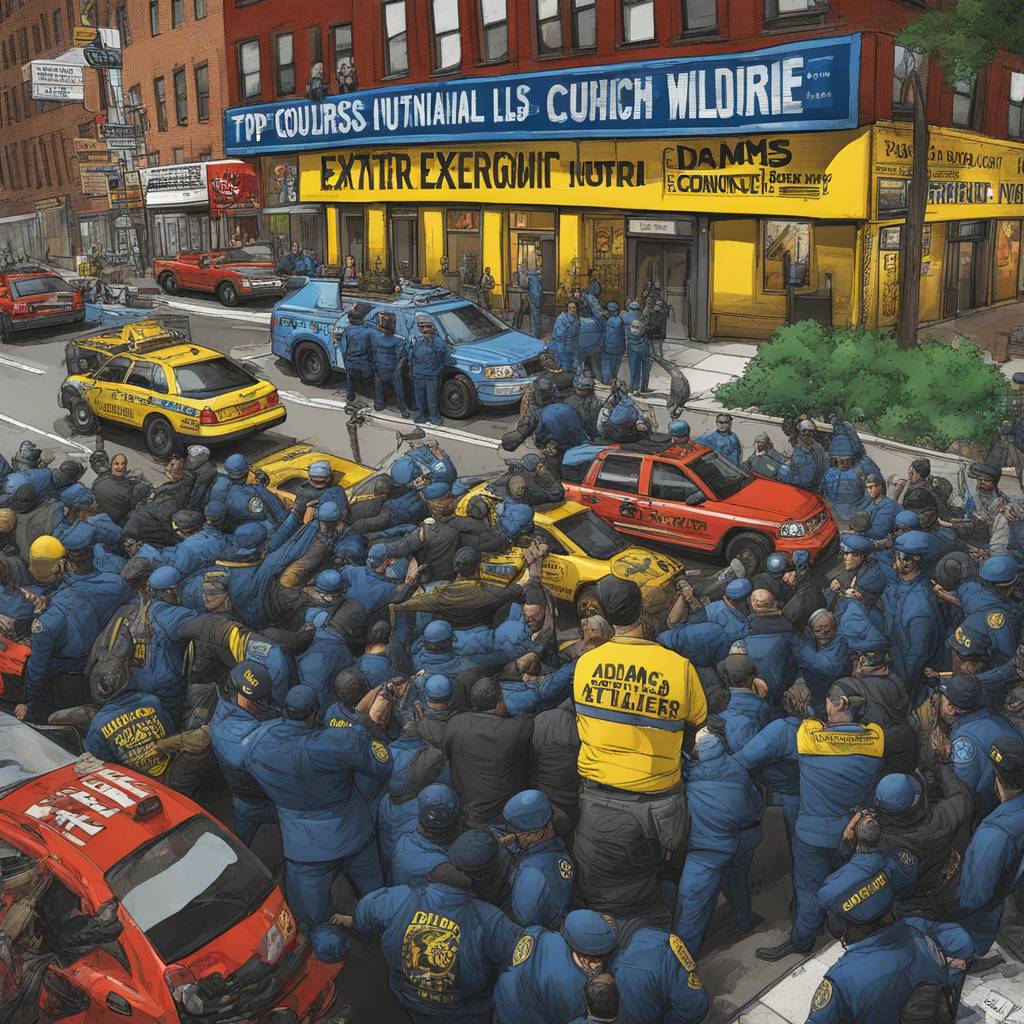An Adams administration official, Louis Molina, took to LinkedIn to blame City Council policies for driving recidivism and disorder, following the slaying of a New York City police officer. Molina accused extremist advocates and elected officials of weakening the public safety system, allowing criminals to evade consequences for their actions. The comments were liked by a number of cops, jail employees, and City Hall staffers, and were in response to the Sergeants Benevolent Association president telling councilmembers to stay away from the officer’s funeral.
SBA president Vincent Vallelong issued a memo attacking anti-police local lawmakers, holding them morally responsible for the officer’s death. He specifically named Council Speaker Adrienne Adams and Public Advocate Jumaane Williams, accusing them of detesting police officers. Molina’s post, while expressing strong sentiment against the City Council, reflects the frustration within the Adams administration as budget negotiations loom. Mayor Adams has been more reserved in his public comments against city lawmakers, even after they overrode vetoes on controversial measures like the How Many Stops Act and a ban on solitary confinement.
Despite Molina’s criticism, it was unclear which specific policies or laws he believed contributed to recidivism or crime. City Councilman Lincoln Restler disputed Molina’s claims, stating that Molina himself had weakened public safety systems by driving the jail system towards a federal takeover and eliminating programs that reduce recidivism. The exchange of accusations highlights the tension between different branches of New York City’s government, as they navigate complex issues related to public safety and criminal justice reform.
The public sparring between the Adams administration and City Council members comes at a crucial time, with budget negotiations on the horizon. The Adams administration is concerned about the potential impact of certain City Council policies on public safety outcomes, while some councilmembers are critical of the administration’s approach to criminal justice issues. The disagreement underscores the complexity of addressing crime and recidivism in a sprawling metropolis like New York City, where multiple stakeholders must navigate competing priorities and ideologies.
The tensions between the Adams administration and City Council reflect broader debates around criminal justice policy in urban centers. The issue of recidivism and public safety is deeply intertwined with questions of equity, fairness, and community wellbeing. As different stakeholders grapple with these complex issues, public disagreements and conflicts are likely to arise as each side advocates for its preferred approach to addressing crime and disorder. The outcome of these debates will have far-reaching consequences for the residents of New York City and the future of criminal justice reform in the region.
In the midst of these debates and disagreements, it is essential for all stakeholders to engage in constructive dialogue and collaboration to find solutions that effectively address crime and recidivism while upholding principles of fairness and justice. While tensions may run high, it is important for government officials, community leaders, and law enforcement agencies to work together to develop policies that prioritize public safety while also promoting rehabilitation and social equity. By fostering a spirit of cooperation and mutual respect, stakeholders can navigate complex challenges and make meaningful progress towards improving public safety outcomes and reducing recidivism rates in New York City.


